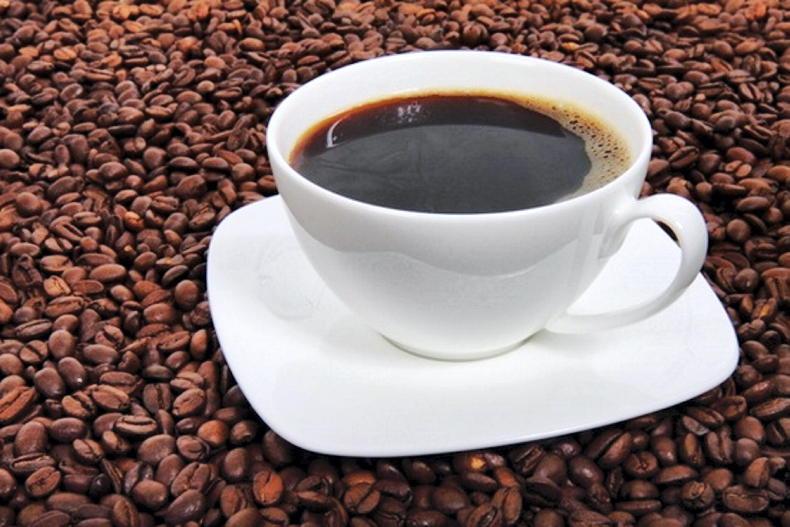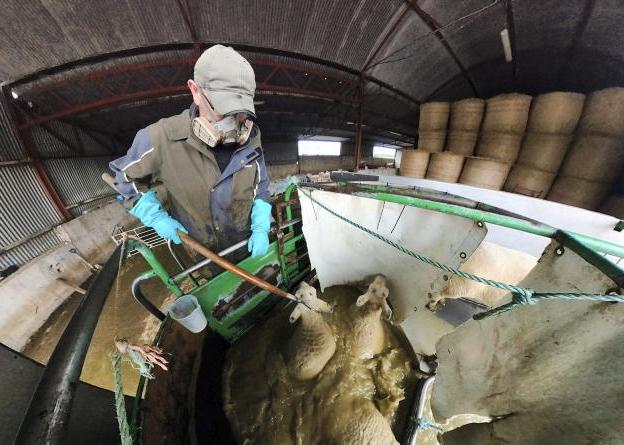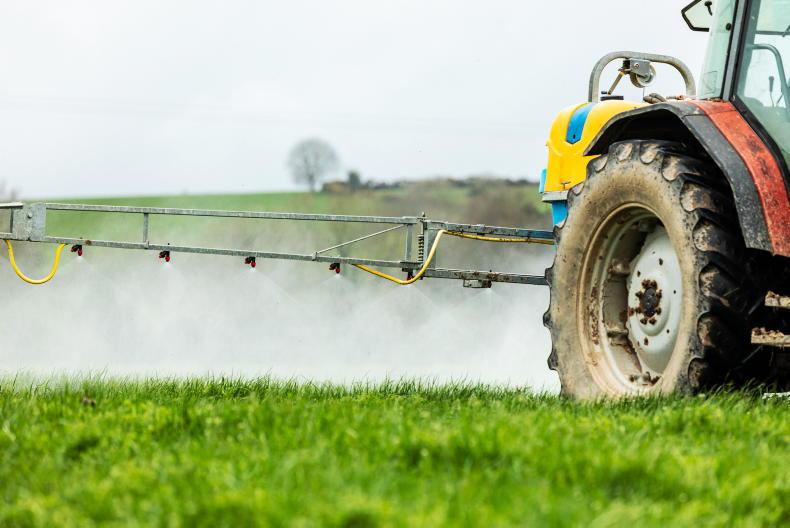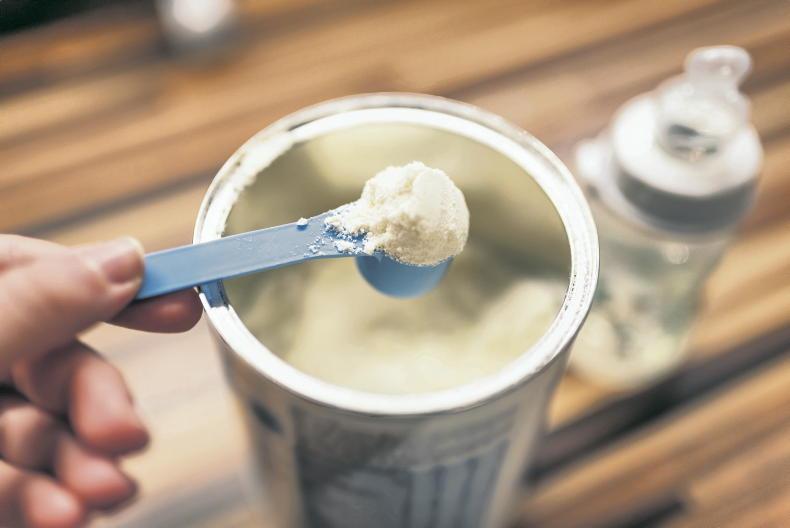French-based company Progarein is seeking approval to use caffeine as an insecticide for cabbage, potatoes and buxus and as a molluscicide for slug control in all edible and non-edible crops.
The European Food Safety Authority (ESFA) is assisting the European Commission in reviewing the application, which was submitted last year.
Caffeine (1,3,7-trimethylxanthine) is a naturally occurring chemical compound, which the company hopes to use as a basic substance in spray applications.
Over the past number of years, the European Commission has approved several food ingredients for use as basic chemicals.
These include the use of milk as a disinfectant and orange peel as a sprout suppressant.
Safety
Caffeine has been the subject of much conversation in relation to its health implications.
In 2015, the chemical was assessed by the EFSA panel on nutrition, novel foods and food allergens (NDA Panel).
The main health concerns were the adverse effects on the cardiovascular system, hydration and body temperature in adults, adverse effects on the central nervous system (sleep, anxiety, behavioural changes) in adults and children, and adverse birthweight-related outcome in pregnant women.
However, it determined that adult caffeine consumption below 3mg/kg of bodyweight (bw) per day was safe.
Based on exposure scenarios, Progarein estimated that an operator’s exposure levels would be 3.37mg/kg bw per day without the use of gloves and 1.48mg/kg bw per day by using gloves during mixing, loading and application of the water-based caffeine spray.








SHARING OPTIONS